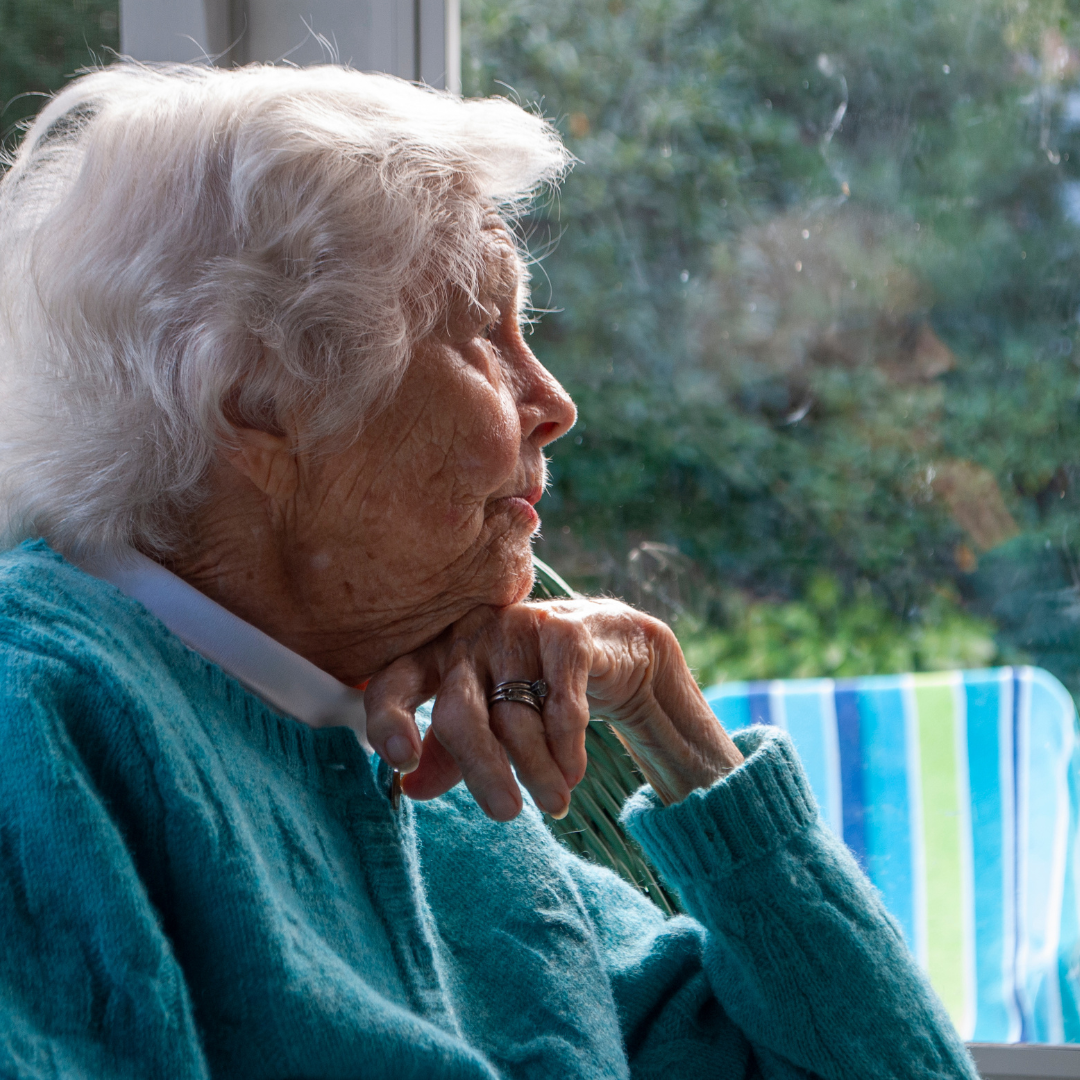As health care systems around the world focused on the acute care sector, CHAA member organizations drew from our extensive clinical experience to focus on continuing care as a distinct sector. Some of our care homes have been in operation for 100 to 165 years — managing through two previous pandemics — and most have decades of experience with infectious diseases such as influenza, RSV, and norovirus. This depth of collective expertise enabled operators to mobilize and adapt quickly and decisively to the COVID-19 pandemic.

Seniors as a high-risk population
As CHAA operators began to share our observations about how COVID-19 was affecting continuing care residents, we realized residents were transmitting the virus to others before exhibiting any symptoms. Some didn’t show obvious clinical signs, such as a fever or cough, but instead had an almost imperceptible loss of appetite — making it difficult to tell which residents might be infectious. And sadly, many seniors succumbed within days to become acutely ill.
We learned that shared sleeping areas were a prime source of transmission, and that staff and resident dining areas seemed to be another key source of transmission within care homes. The size and scale of outbreaks was largely determined by our ability to identify infectious individuals quickly, isolate them from others, and practise continuous masking at all times. We also learned that staff needed refresher training in the use of PPE.

These early discussions among CHAA’s clinical leaders became the foundation for a powerful body of early pandemic knowledge — which helped operators begin to understand how to prevent transmission, contain outbreaks, and recognize signs of illness far earlier in our residents. We could not have stopped the spread without these powerful, early observations from the first COVID outbreaks in care homes.
Related Content
Learn more about resident quality of life.

Workforce overview
Engaged, compassionate staff are the backbone of the exceptional care delivered across our sites.

Continuing care regulations
While legislation confers broad powers or imposes high-level restrictions, regulations are intended to govern the details around who is accountable to carry out specific actions and what those actions should entail. Alberta initiated some consultatio

CHAA operators – all hands on deck
The longest-serving operators in Alberta have seen it all (since the 1860s) and continue to play an essential role in development of new legislation and regulations.
